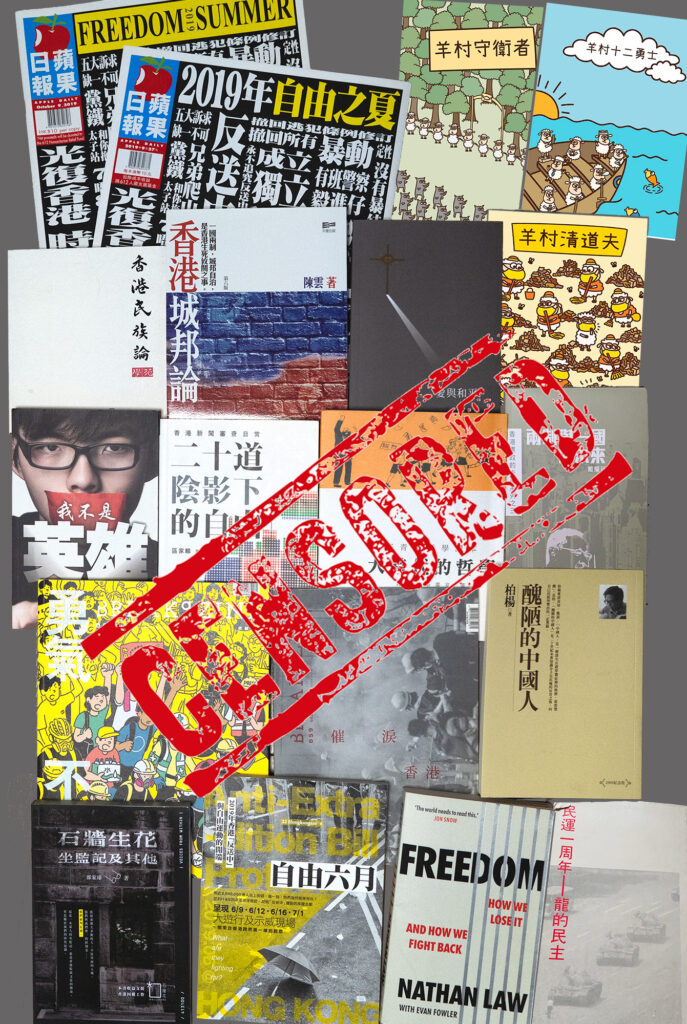
Hong Kong’s recent challenges to press freedom and book publication censorship have raised concerns about the future of free speech and the publishing industry in the region. The protests against the proposed amendments to the extradition law in 2019 led to the imposition of the National Security Law by the Chinese government, which resulted in the arrest and detention of journalists, publishers, and writers, and an increase in censorship. The National Security Law permits the prosecution of individuals to be held in prison without trial and conviction, which goes against the principle of common laws.
The crackdown on free speech has particularly targeted the publishing industry, with many publishers of political and pro-democracy books arrested or forced to flee the city. The arrest and charging of Jimmy Lai, the founder of Apple Daily, a pro-democracy newspaper, raised concerns about a government crackdown on the press. Apple Daily was eventually shut down in June 2021. The censorship and restrictions on press freedom have led to a decline in Hong Kong’s ranking in Reporters Without Borders’ 2020 World Press Freedom Index.
Since the imposition of the National Security Law, several publishers have declined to publish books related to Hong Kong protests, democracy, and dissent for fear of violating the law. Bookshops have been raided, and books have been removed from the shelves in libraries. Self-censorship among writers and journalists has also been reported, with many expressing fear of reprisals and backlash for expressing their opinions on sensitive issues.
The international community has condemned the censorship and suppression of press freedom in Hong Kong, urging the Hong Kong government to respect freedom of expression and the press. However, the Hong Kong authorities continue to censor and repress dissent, claiming that it is necessary to maintain social stability and national security. The recent cases of individuals being arrested and detained for receiving and processing a book accused of being subversive and the film “Winnie the Pooh: Blood and Honey” being stopped from screening in Hong Kong despite local approval have further highlighted the issue.
The suppression of press freedom and censorship of publications in Hong Kong put the city’s reputation as a bastion of free speech and an open society in jeopardy. The international community must continue to pressure the Hong Kong authorities to protect the rights of writers, publishers, and journalists, defend press freedom and the freedom of expression in the city, and ensure that the publishing industry remains an essential cultural and intellectual center in the region.
